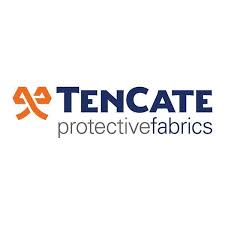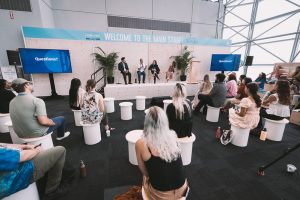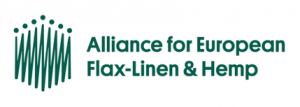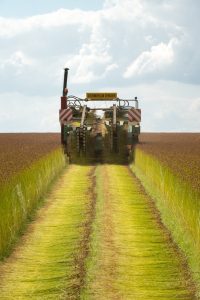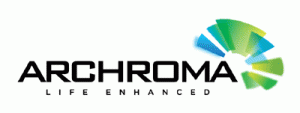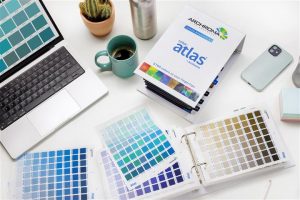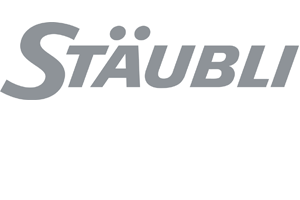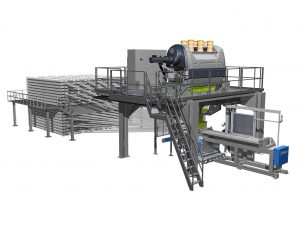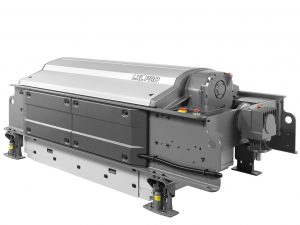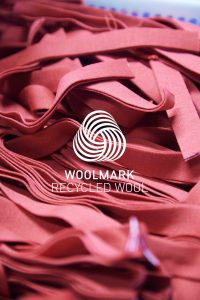 SEOUL, South Korea — July 10, 2024 — Expanding its dedication to ongoing innovation and delivering sustainable solutions for a wide range of needs throughout the value chain, Hyosung will introduce a comprehensive range of certified sustainable materials at forthcoming New York City-based shows this summer.
SEOUL, South Korea — July 10, 2024 — Expanding its dedication to ongoing innovation and delivering sustainable solutions for a wide range of needs throughout the value chain, Hyosung will introduce a comprehensive range of certified sustainable materials at forthcoming New York City-based shows this summer.
At Functional Fabric Fair NYC
Creating a more powerful sustainable story, Hyosung has expanded its offering of regen™ BIO Spandex, replacing nearly all the fiber’s raw materials previously made with petroleum-based resources with renewable resources to include new regen BIO, regen BIO+ and regen BIO Max Spandex.
Hyosung was the first company to commercialize at scale USDA and SGS certified bio-based elastane partly made with renewable resources in 2022. Brand adoptions with the fiber include activewear from Pangaia that combines a bio-nylon with Hyosung regen BIO Spandex, and Icebreaker who has introduced a blend of regen BIO spandex with their signature merino wool. Others have combined regen BIO Spandex with luxurious silk, lyocell, and organic cotton.
As part of its corporate ESG commitment to achieving net zero by 2050 and supporting the wider textile industry to meet evolving sustainability goals, Hyosung has partnered with sustainable materials leader, Geno, to start construction at its plant in Vietnam to produce Bio BDO derived from sugarcane, commencing Q2 2026. Hyosung’s partnership with Geno establishes the world’s first fully integrated manufacturing site for bio-based elastane from renewable raw material to fiber. The project will fast track the production of Bio BDO with an annual capacity of 50,000 tons in the second half of 2026 — with the aim of expanding capacity up to a total of 200,000 tons per year to meet expected industry demands for bio-
“We’re thrilled to announce our expanded regen BIO Spandex offering, which significantly decreases our reliance on fossil fuels and reduces carbon emissions,” said Julia Nam, Hyosung U.S. senior marketing manager – Textiles. “As a leading provider of sustainable textile solutions, we aim to deliver diverse textile options that cater to the varied needs of our mills, brands, and consumers and we are proud to accomplish this goal.”
While our regen BIO Spandex addresses the needs of those seeking bio-based materials, for brands and retailers more interested in recycled rather than bio-based materials, Hyosung will present fabrics and garments crafted with its multi-functional and certified 100-percent recycled regen spandex, nylon, and polyester.
Highlighted will be its RCS-certified 100-percent recycled regen Spandex made from industrial reclaimed waste and GRS-certified 100-percent post-consumer recycled regen Ocean Nylon made from discarded fishing nets.
To meet consumer desire for sustainable apparel that offers comfort with performance benefits, Hyosung has uniquely added multi-function properties in the manufacture of its 100-percent recycled regen polyester fibers. For instance, Hyosung’s regen Askin Polyester offers cool touch, UV protection and quick drying benefits. Its regen Xanadu is a mechanical stretch fiber made with a blend of recycled post-consumer PET and plant-based materials providing a performance fit.
At Kingpins NYC — Innovation for denim you want to live in
At Kingpins NYC, Hyosung will present new denim stretch innovations with its CREORA® 3D Max Spandex. Hyosung’s CREORA 3D Max Spandex delivers high-performance stretch and recovery with a very small portion of spandex content uniquely allowing the garment to be recycled according to Ellen MacArthur Foundation’s The Jeans Redesign.
Anticipating denim brand needs, Hyosung has added sustainable and functional versions of the fiber that matches the same performance and recyclability benefits as conventional CREORA 3D Max Spandex, which include USDA and SGS-certified regen BIO 3D Max Spandex, and RCS-certified 100-percent recycled regen 3D Max Spandex made from industrial waste.
“Hyosung is dedicated to developing various versions of denim spandex with added bio-functionality in the future, said Simon Hong, Hyosung Denim lead. “This initiative aims to provide consumers with options that prioritize not only eco-friendliness but also comfort and convenience. By incorporating special features into these products, Hyosung seeks to enhance the overall user experience while contributing to sustainable practices in the fashion industry.”
At Kingpins, Hyosung will sponsor and participate in a Future Fits panel discussion with denim design professionals with varied prospectives on what fit might look like in 5 years time on Thursday, July 18 at 11:00AM.
Hyosung can be found at Functional Fabric Fair NYC, Javits Center, July 16-17, booth 538, and Kingpins NYC, July 17-18, booth 5 Yellow Zone taking place at Basketball City.
Posted: July 10, 2024
Source: Hyosung


